Why is low-volume important to Combat divers? For anyone who needs to preserve their air while diving or wants a straightforward mask to clear, low-volume masks are the perfect option. These benefits are also great for freedivers and spearfishers. Low-volume masks are necessary for apneic (breath-hold) sports because relatively little air is required to equalize them at deep. The main reason is the air inside the mask will condense as pressure rises with depth.
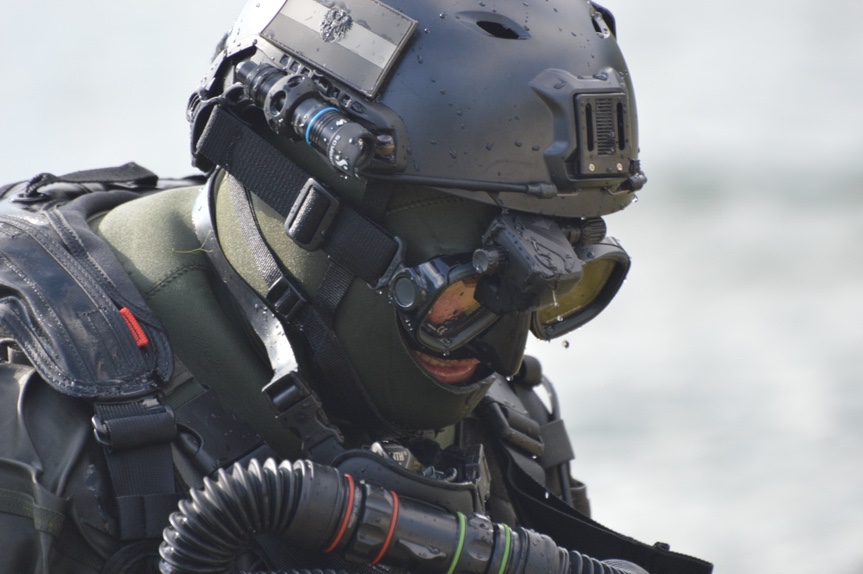
This means there is less air wasted in the mask. There is also less of a chance of a mask squeeze. The mask is closer to the diver’s face, possibly helping you see better; the diver must equalize the air in the mask to make up for the volume lost if they want to avoid this. They accomplish this by slightly exhaling through their nostrils. Since there is less airspace in a low-volume dive mask, the diver doesn’t have to use as much of their precious breath on it.
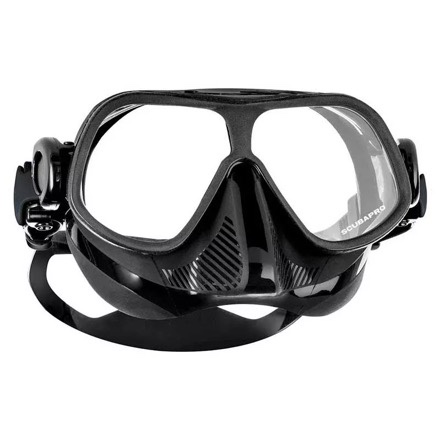
Apnea masks are less noticeable and more streamlined than conventional masks due to their low-volume construction. They offer good fields of vision despite their size (sometimes even better than large-window masks!) and are lighter, and it is less weight and room needed to carry two.
Many divers hate mask clearing, and a low-volume mask uses less air to clear. When clearing, you are wasting less air and less chance of losing control of their buoyancy. Inverted teardrop-shaped lenses are standard in low-volume masks, allowing you to view down your body without moving your neck. This is a benefit for some divers because it makes it simpler to check their pressure gauge by simply looking down to see your attack board.
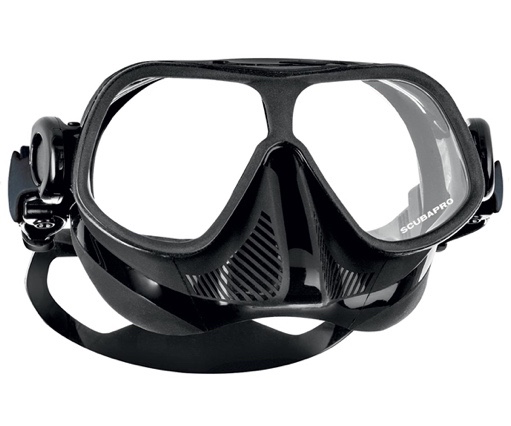
Low-volume masks are an excellent option for backups and spares due to their compact, lightweight design. They fit great into an M16 pouch.
Reducing the size of the glass lenses is one method of creating a low-volume mask. This doesn’t limit your vision as much as you think because the lenses are so close to your face. However, frameless masks are an excellent alternative for anyone who feels uncomfortable or claustrophobic wearing standard low-volume designs. Some apnea masks will say not for diving, those usually have two lenses like the SCUBAPRO Steel Pro Comp, and there is only a piece of rubber between the two. If you dive deep with it, there is a chance that the lens can push in on your face. Therefore they say not for SCUBA diving but for combat diver operations that work well.
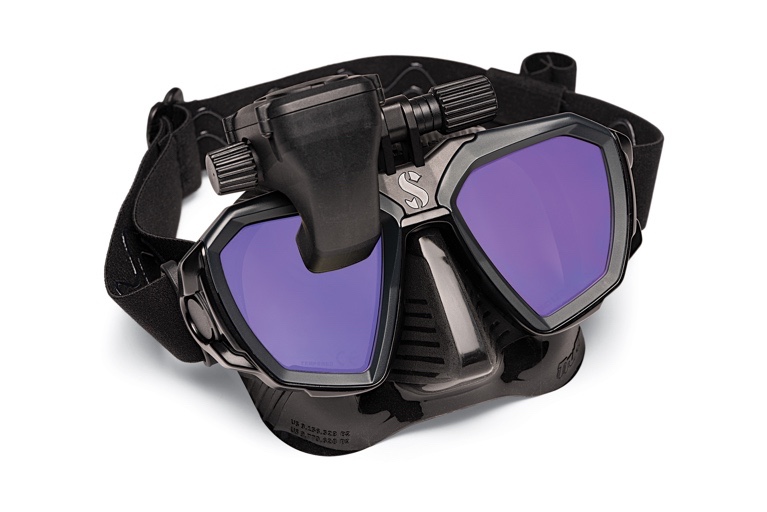
The low profile is also suitable for those who want to wear corrective lenses, which function best when placed near your eyes (much like glasses). The SCUBAPRO Zoom and D-mask are an excellent choice for this. All these masks work with the SCUBAPRO comfort stapes that are great for all divers, especially combat divers, as there is a lot less chance of them breaking, and they also work with the SCUBAPRO Odin helmet mask strap. This allows you to attach these masks to Ops-Core, Team Wendy, and Galvion helmet rails.
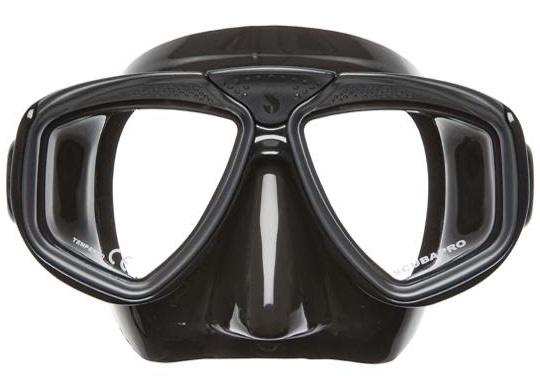


I had never tried low volume masks until recently because I was afraid of losing FOV. What a mistake. Even though the windows are smaller on low volume masks the fact that they are so much closer to your face means you actually get really good FOV. I just recently went from Low Volume to Extreme Low Volume and despite this, I have bloody eyes due to mask squeeze right now. Lack of volume still does not account for being a dumbass and forgetting to mask equalize.